You won’t see these scams coming until it’s too late.

Traveling the world opens your eyes to new cultures, cuisines, and ways of life—but it also opens the door to people eager to take advantage of your trust. Scammers have gotten smarter, more creative, and surprisingly convincing. And it’s not just the naive or first-timers who fall for these tricks. Even seasoned travelers with years of experience can get caught off guard when the setup is polished and the timing feels just right.
What makes these scams so effective isn’t their complexity—it’s how ordinary they seem. A friendly local, an official-looking uniform, or a seemingly helpful stranger can all be part of the trap. You let your guard down for just a second, and suddenly your wallet, passport, or sense of safety is gone. Knowing what to watch for is your best defense. These are the scams that consistently fool even the sharpest globetrotter.
1. The fake taxi that takes you for more than a ride.
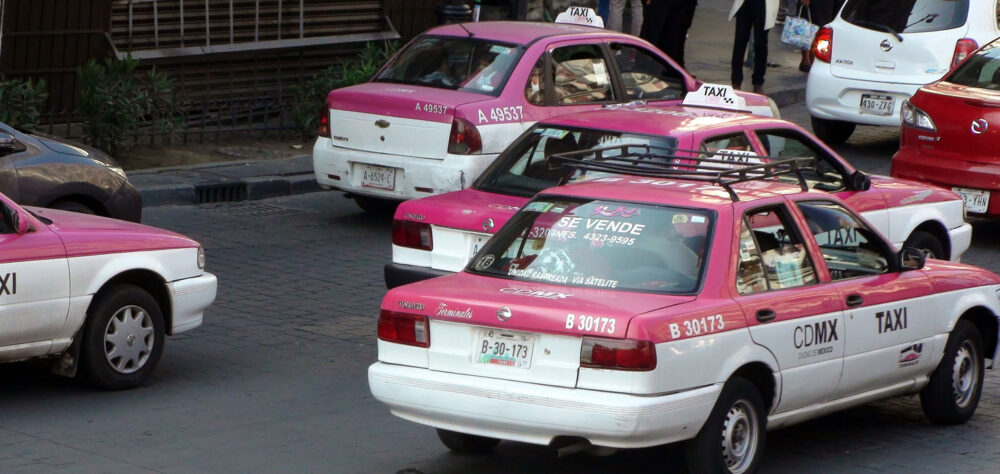
You hop off a plane, spot a cab, and throw your bags in the trunk. But what you don’t know is that this isn’t a licensed taxi—it’s an opportunist with a meter rigged to run faster than normal or no meter at all. Some even take long, roundabout routes to jack up the fare, and by the time you realize it, you’re already in the middle of nowhere, according to Roshni Zainaba at Extravel Money.
This scam thrives in busy airports and train stations where travelers are rushed or tired. To avoid it, always use official taxi lines or ride-hailing apps. If you must flag one down, look for credentials like an ID badge and working meter. Never agree to a flat rate unless you’ve done your homework first. That friendly driver offering you “local tips” might be friendly—but it might also be the most expensive ride of your trip.
2. The bracelet trick that ropes you in.
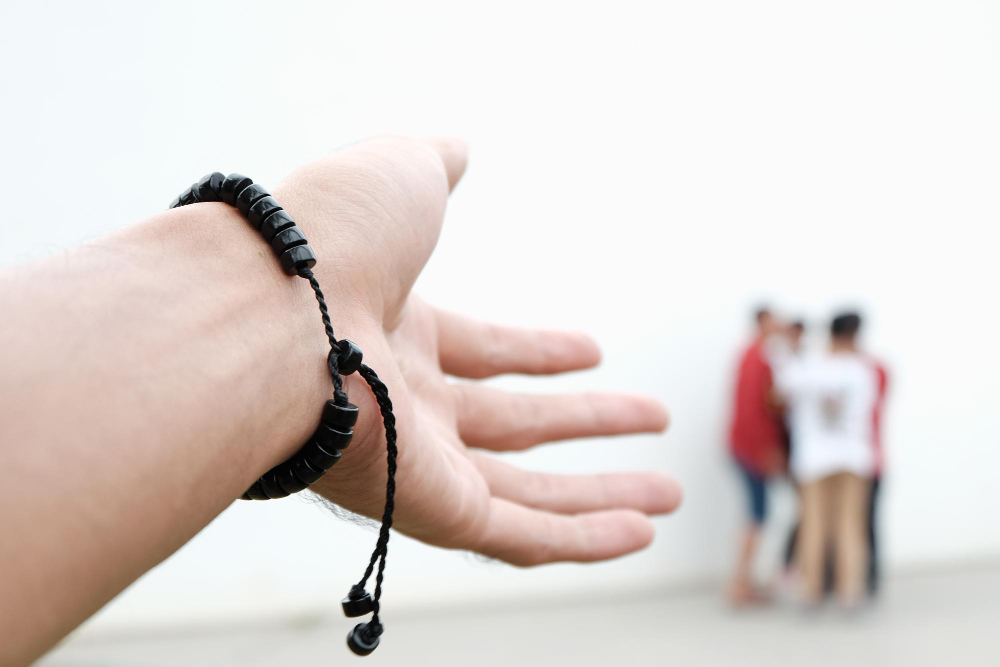
You’re strolling near a popular tourist attraction when a smiling local approaches with a small bracelet. Before you can protest, it’s already tied around your wrist. Then comes the demand for payment. If you hesitate, the mood turns tense. Suddenly, you’re surrounded by friends of the seller, all insisting you pay for the “gift” you didn’t ask for.
This scam plays on politeness and social pressure. It’s common in cities like Paris and Rome, where crowds make it easy for scammers to blend in and vanish. The best move? Keep your hands to yourself and keep walking, writers at Voye shared. Don’t let anyone tie, place, or drop anything on you. If someone seems overly eager to give you something for free, there’s always a catch—usually involving cash and discomfort.
3. The closed attraction lie that steers you wrong.

You’re on your way to a famous landmark when a local approaches with concern in their voice. They tell you the site is closed—due to a strike, holiday, or some vague “emergency.” Then they offer to take you to a better place or connect you with a “special tour.” It all sounds helpful, but it’s a clever ruse to redirect you to an overpriced shop or fake tour operator who gives them a cut.
This scam works because it plays on your fear of missing out. Travelers hate wasted time, so they jump at the alternative without checking facts. If someone claims an attraction is closed, walk to the entrance and confirm it for yourself. Don’t follow strangers offering unsolicited help, no matter how sincere they seem, says Evie Farrell at MamaMia. Your itinerary shouldn’t be based on the advice of someone who just appeared out of nowhere.
4. The broken meter excuse that breaks your bank.
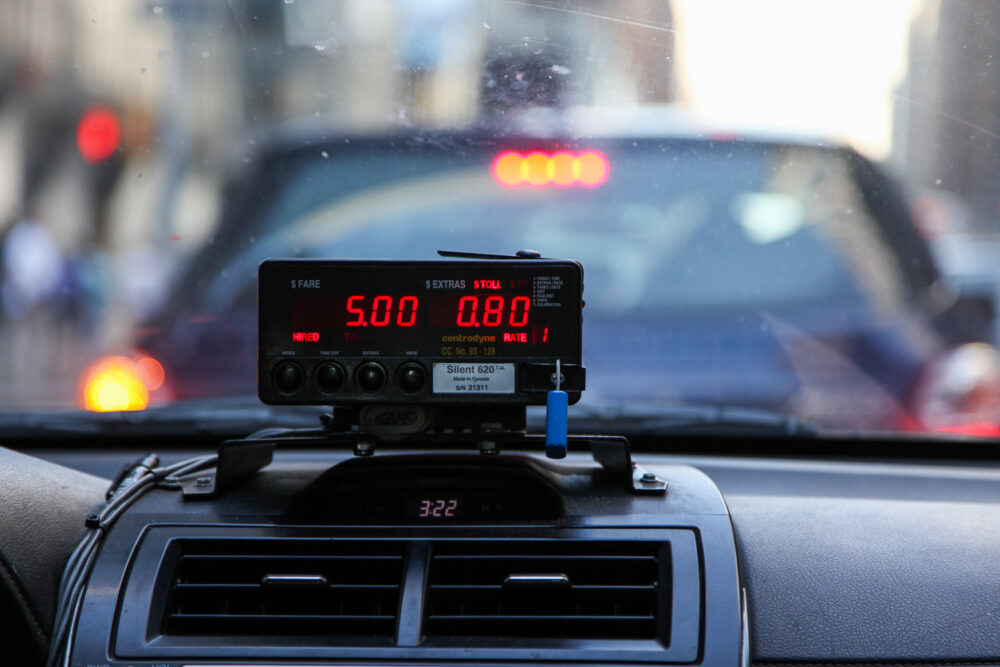
You get in a cab, ask the driver to turn on the meter, and hear those dreaded words: “It’s broken.” They’ll suggest a flat rate that sounds reasonable—until you realize you’ve paid three times the normal price. Some even have fake rate cards to make the fee seem official, leaving you no easy way to argue once you’ve arrived.
This scam is especially common late at night or in cities where rideshare options are limited. Always insist on a working meter or get out of the cab before it drives off. If the driver refuses, don’t argue—just find another ride. And keep screenshots of average fares on your phone so you can push back if needed. A broken meter isn’t your problem, and you shouldn’t be the one paying for it.
5. The spill distraction that leaves your pockets empty.

You feel a sudden splash on your shirt or bag—maybe bird poop, ketchup, or some weird liquid. Almost immediately, someone appears, apologizing and offering to help clean you up. While you’re distracted, their partner is busy helping themselves to your phone, wallet, or passport. It all happens so fast you don’t realize anything’s missing until much later.
This scam thrives in crowded cities with lots of pedestrian traffic. The mess isn’t an accident—it’s the setup. Your instinct to accept help is what they count on. If someone spills something on you, step away immediately. Get to a safe space before checking your belongings or allowing anyone to assist. That friendly stranger may have the cleanest hands in the world, but you won’t know what they’re doing with them until it’s too late.
6. The fake petition that turns into a mugging.

In busy public squares or tourist hotspots, a group of young people might approach with a clipboard asking you to sign a petition. They’ll smile, speak broken English, and frame it as a good cause—helping the deaf, supporting children, or environmental protection. While you’re distracted writing your name, their friends are rifling through your bag or grabbing at your pockets.
Even worse, if you refuse, some may become aggressive and demand a “donation.” This scam feels harmless at first, but it can quickly escalate. Avoid signing anything on the street, especially if it comes with a pen and a guilt trip. Politely decline and walk away. You’re not heartless—you’re just not getting played in broad daylight by a well-rehearsed group of opportunists.
7. The ATM helper who helps themselves.

You’re struggling with a foreign ATM, maybe trying to translate the options or figure out why your card isn’t working. Out of nowhere, a local offers to help. They seem knowledgeable, maybe even show you how to insert your card. But during the distraction, they either watch you enter your PIN or swap your card with a fake. By the time you figure it out, your account is already drained.
This scam is slick because it preys on confusion and the stress of dealing with unfamiliar machines. Never accept help at an ATM, no matter how kind the offer seems. Use machines in banks or well-lit areas and always cover your keypad. If something feels off, cancel the transaction and walk away. Your best protection is confidence—even if you have no idea what the screen is saying.
8. The fake cop who takes your cash.
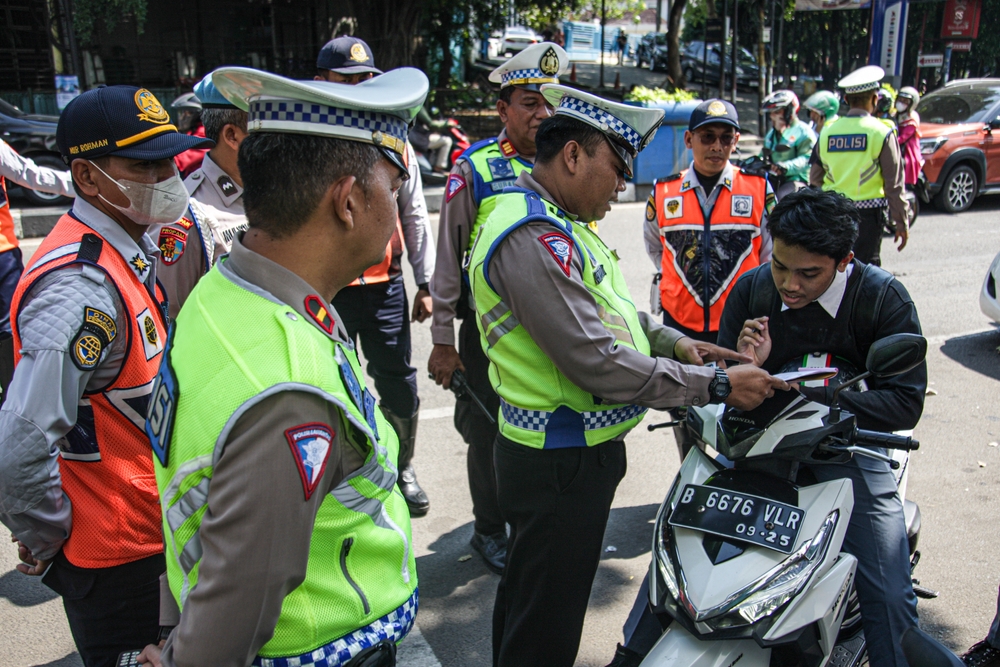
A man in plain clothes flashes a badge and tells you there’s been a problem—maybe counterfeit money, drugs, or “random checks.” He asks for your ID and wallet. If you hand them over, you may never see your cash again. Sometimes they’ll work with a partner to corner you or even search your bag under the guise of official duty.
Real police officers don’t operate like this. They don’t randomly search tourists or demand on-the-spot payments. If someone claiming to be law enforcement approaches you, ask to see ID and suggest going to the nearest police station. Don’t hand over anything without confirmation. This scam plays on fear and authority, and it’s surprisingly effective. Staying calm and cautious can keep you in control and out of trouble.
9. The rental damage claim that charges you double.
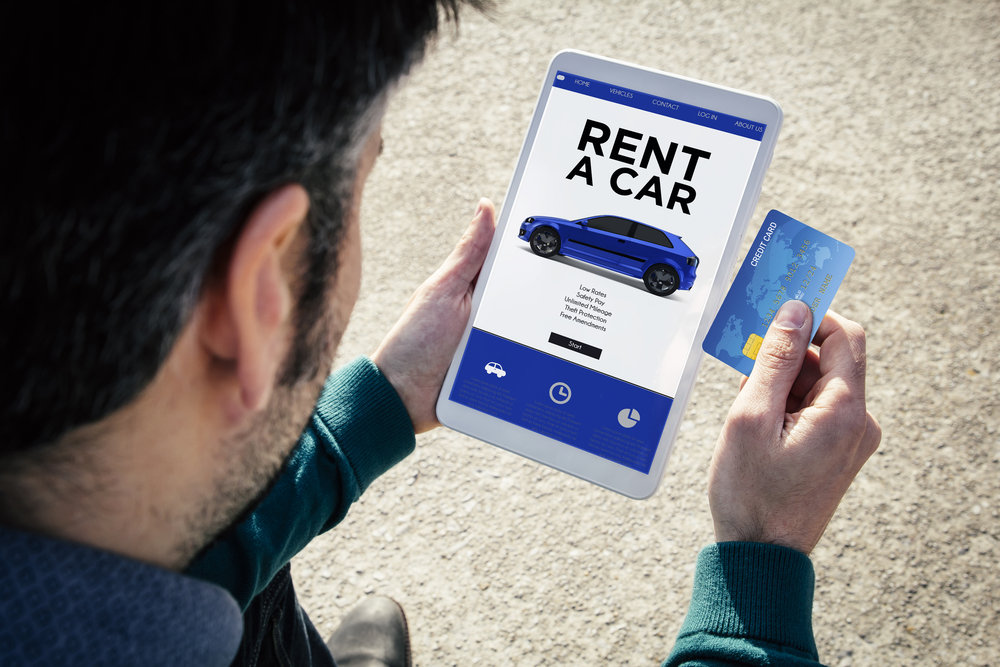
You rent a scooter, bike, or even a jet ski, and everything seems fine—until you return it. Suddenly, the owner points out “damage” that was there all along and demands a repair fee. Some even keep your passport as collateral and won’t return it until you pay. The damage is either exaggerated or completely fabricated, and arguing often gets you nowhere.
This scam is common in tourist-heavy areas where quick rentals are frequent. Always inspect any rental before use, take detailed photos, and point out any flaws to the owner. If possible, avoid leaving your passport and use a cash deposit or a copy instead. Don’t be rushed through paperwork or inspections. The more thorough you are at the start, the harder it is for someone to stick you with a fake bill later.
10. The Wi-Fi trap that steals your data.

You spot a free Wi-Fi network in a café, airport, or public square and connect without thinking. But that network isn’t legit—it’s a spoofed hotspot set up by someone nearby to intercept your data. Every login, password, and credit card number you enter can be captured and used. By the time you realize something’s off, your information is already out in the wild.
These traps are almost invisible and easy to fall for, especially when you’re desperate for a connection abroad. Always ask staff for the correct network name before connecting. Better yet, use a VPN to encrypt your traffic or stick to your mobile data when handling anything sensitive. It’s tempting to grab free Wi-Fi, but that free signal could cost you a lot more than a roaming charge.
